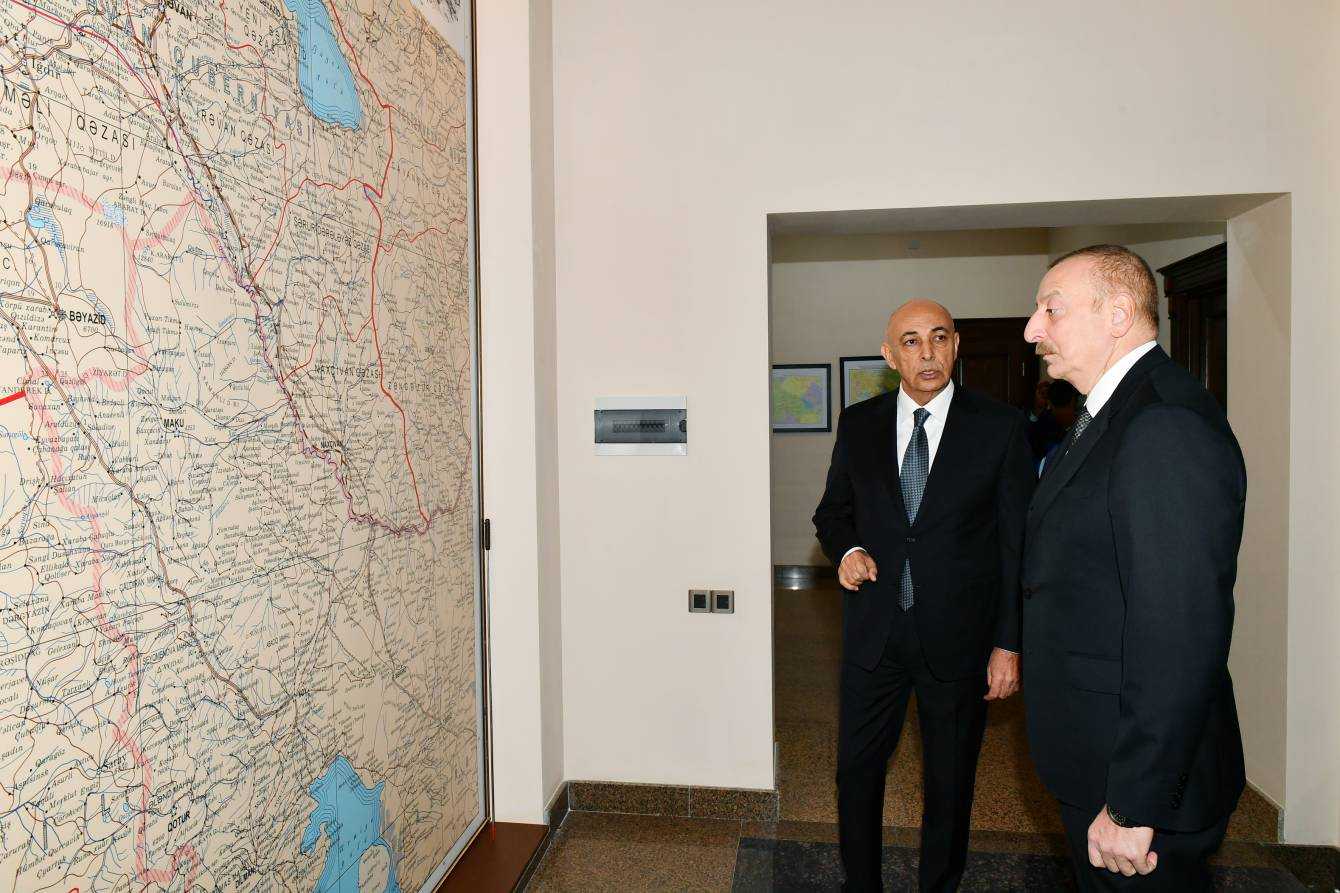
The Nagorno-Karabakh parliament has approved a bill that recognises all territories that came under Azerbaijani control since the Second Nagorno-Karabakh War, including those outside of the former Nagorno-Karabakh Autonomous Oblast (NKAO), as ‘occupied’.
Previous statements from both Nagorno-Karabakh President Arayik Harutyunyan, as well as Armenian Prime Minister Nikol Pashinyan, explicitly expressed the aim of returning only territories that were formerly part of the majority ethnic Armenian Soviet-era NKAO to the control of Stepanakert. Neither leader explicitly spoke of returning the surrounding majority ethnic-Azerbaijani territories that were conquered during the First Nagorno-Karabakh War and were ceded back to Azerbaijan in 2020.
‘The Law on the Occupied Territories of the Artsakh [Nagorno-Karabakh] Republic’ was adopted unanimously by the Nagorno-Karabakh parliament on 18 February.
It makes a legal claim on all the regions formerly controlled by Stepanakert, as well the northern part of the former Shahumyan district of Azerbaijan, which remained under Baku’s control following the First Nagorno-Karabakh War and has since been merged into Azerbaijan’s Goranboy District.
It also suggests using the phrase ‘occupied territories’ in all official documents and bans entry and any movement or activity in the ‘occupied territories’ without the permission of the Nagorno-Karabakh authorities.
The ban does not apply to organisations ‘providing urgent humanitarian assistance’.
Additionally, ‘any economic activity in the occupied territories, including activities requiring a licence, permit, or registration’ is also prohibited.
Authorities in Yerevan have, for now, remained silent about the new law.
‘Not serious’
Tigran Grigoryan, a Yerevan-based political analyst from Stepanakert, told OC Media he believes the law is ‘cut off from reality’ and that the approach of the Nagorno-Karabakh parliament to the bill was ‘not serious’.
‘I should note that this was not their intention at first’, he said of the Nagorno-Karabakh government. ‘The authorities wanted to give the former territories of the NKAO [Nagorno-Karabakh Autonomous Oblast] “occupied” status, and the rest — “disputed.”’
The new more ‘populist’ version of the law, was a recent change, he said, and was meant for ‘domestic consumption’ only. As a result, Grigoryan said it had ‘lost any chance of being taken seriously’ by the international community.
One of the key pillars of the peace talks between Armenia and Azerbaijan until the Second Nagorno-Karabakh War, under the auspices of the OSCE Minsk Group — co-chaired by Russia, France, and the United States — was the necessity of returning all territories outside of the former NKAO to direct administration by Azerbaijan.
Grigoryan also said that the situation was made more acute by the lack of communication coming from authorities in Yerevan. He pointed out that while Armenia’s ruling Civil Contract party had the ‘de-occupation of Shushi [Shusha] and Hadrut’ in its campaign platform for the June 2021 snap elections, they had made few comments on the matter since.
What comments had been made, in Grigoryan’s view, were a ‘blurring’ of their position on the question. Such ambiguity and quiet from Yerevan, he concluded, gives more visibility to the authorities in Nagorno-Karabakh — both when they are being ‘reasonable’ and when not.
For ease of reading, we choose not to use qualifiers such as ‘de facto’, ‘unrecognised’, or ‘partially recognised’ when discussing institutions or political positions within Abkhazia, Nagorno-Karabakh, and South Ossetia. This does not imply a position on their status.








